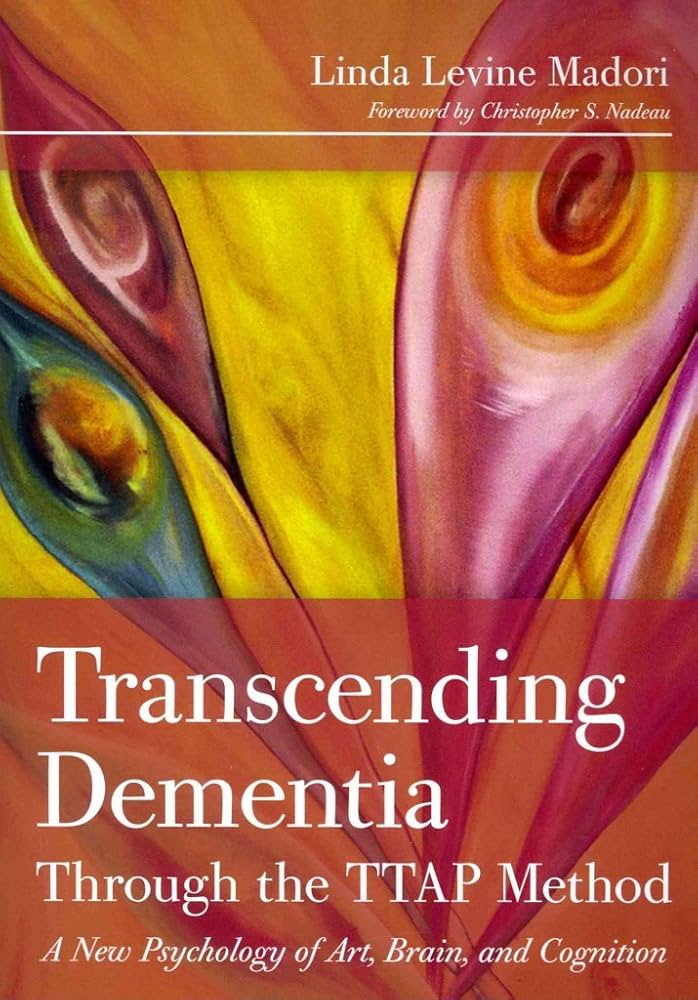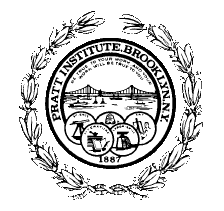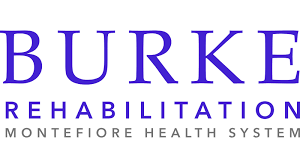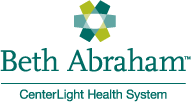Transcending Dementia through the TTAP Method A New Psychology of Art, the Brain, and Cognition
$53.00
The brain-stimulating approach known as Therapeutic Thematic Arts Programming (TTAP) has a proven record of improving the lives of people with dementia by increasing their engagement and functioning. In Transforming Dementia through Therapeutic Thematic Arts Programming: A New Psychology of Art, the Brain, and Cognition you now have all the tools and instructions for putting this innovative and life-affirming approach to work in your own care setting. You too can successfully enervate the minds and hearts of people living with this challenging cognitive disease.
Participation in the creative arts has been shown to promote cell growth that enhances the brain’s ability to learn and recall new information, create new ideas, and make new connections. Using 12 separate forms of creative expression — ranging from guided imagery to sculpture and painting to physical movement — TTAP builds on themes in an integrative way that helps each individual with dementia draw upon memories, feelings, and intellectual reserves that promote positive self-regard and active social participation. Sample activity protocols guide you through the process of engagement to help you quickly master the steps.
Activities using the TTAP method can provide significant stimulation and integration of multiple brain regions; enjoyment, engagement, creativity, relaxation, and a sense of purpose for people with even advanced dementia; an easy-to-follow framework that allows infinite variations on themes and personal interests; complete documentation for tracking and evaluation; and opportunities for one-on-one or group programming.
By blending the principles of art and therapeutic recreation with the latest findings in brain research, Transforming Dementia through Therapeutic Thematic Arts Programming presents an exciting new psychological taxonomy that captures the dynamic interplay between brain functioning and expressive and emotional stimulation.
Description
Testimonials from Healthcare Administrators
New York State Office on Aging stated: “The TTAP Method is not only a ‘best practice approach’ but it must be stated that this is the first ‘Active Treatment’ method for caregivers and healthcare professionals.”
— Erin Purcell, Program Director, Office on Aging, New York State, 2012.
Thanks to the implementation of the TTAP Method, Bergen Regional Medical Center in New Jersey is now on the forefront in activities. Dr. Linda Madori’s Transcending Dementia through the TTAP Method has brought knowledge to the Therapeutic Recreation Staff which has enhanced the residents’ quality of life at BRMC. I also recommend this book for families who have loved ones with Alzheimer’s disease. This book provides a new approach on how to deal with this disease and the benefits of using the TTAP Method.
— Kristin Mullins, Director of Therapeutic Recreation, Bergen Regional Hospital, 2012
“This book aligns with growing recognition that the same old same old no longer works in the face of the growing Alzheimer’s disease epidemic, and should help propel much-needed culture change. Just as Dr. Levine Madori notes that ‘the expressive arts are a powerful teaching tool,’ so is her book. Its compelling blend of research and practical, hands-on skills opens up the world of creative arts to both professionals and family caregivers. By emphasizing what people with dementia can do, the strength-based, person-centered TTAP Method offers a positive approach to care—and, moreover, hope—at a critical time.”
— Carol Steinberg, Executive Vice President, Alzheimer’s Foundation of America and editor-in-chief of AFA’s Care
“Brilliant and must reading for practitioners today. This is an important clinical text for anyone engaging with Alzheimer’s patients. Dr. Madori has thoroughly researched her subject and made her case for the efficacy of the TTAP Method. Family caregivers would also benefit greatly from instruction in this approach.”
— James Huysman, PsyD, LCSW, Author; Take Your Oxygen First
“Inherent strengths of the publication include the author’s ability to share her expertise through numerous illustrations and examples; and the pedagogical features of the text – enumeration summaries of key points, figures supporting key narrative information, and chapters outlined and organized for quick reference and easy reading. TTAP ideas are clearly presented and may be immediately incorporated into programming. The unique nature of the text is the presentation of creative arts with older adults – two minimized entities. Thus, this text fills a void in our professional literature as well as serving as a useful resource to several audiences.”
— Marcia Jean Carter, Re.D., CPRP, CTRS, Associate Professor, Western Illinois University
“Every administrator serving the healthcare industry recognizes the important balance between providing optimal care while keeping healthcare costs down. The TTAP Method has been proven here at Linden Oaks at Edward Hospital to do just that! All staff on our Gero-psychiatric unit received TTAP Method 2-day Certification Training and within 6 months aggressive behaviors and falls were significantly decreased. The hospital calculated a $160,000.00 savings in direct healthcare costs after the first year! We highly recommend reading Dr. Levine Madori’s first book The TTAP Method and her new book Transcending Dementia through the TTAP Method: A New Psychological Approach to Art, Brain and Cognition.”
— Trish Jones-Bendel, Chief Administrator, Linden Oaks at Edward Hospital, Chicago, Ill.










